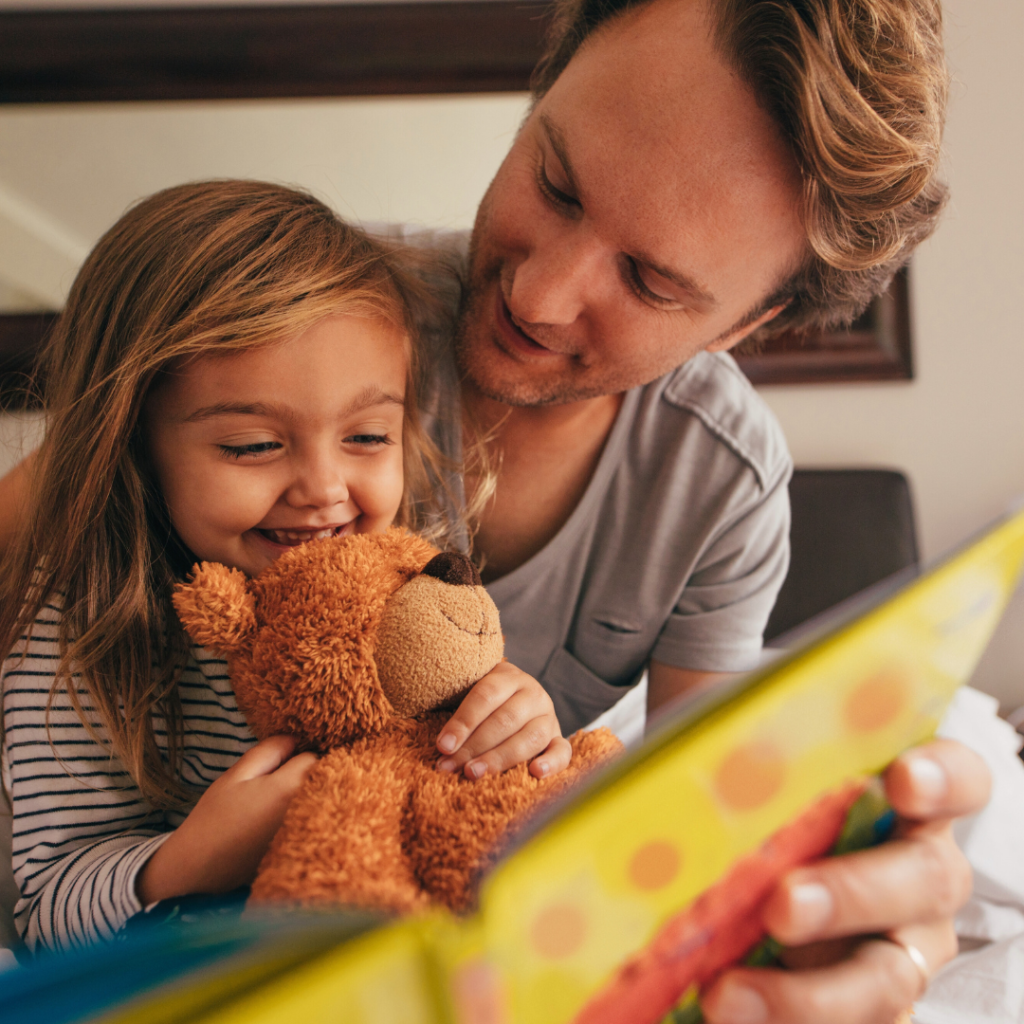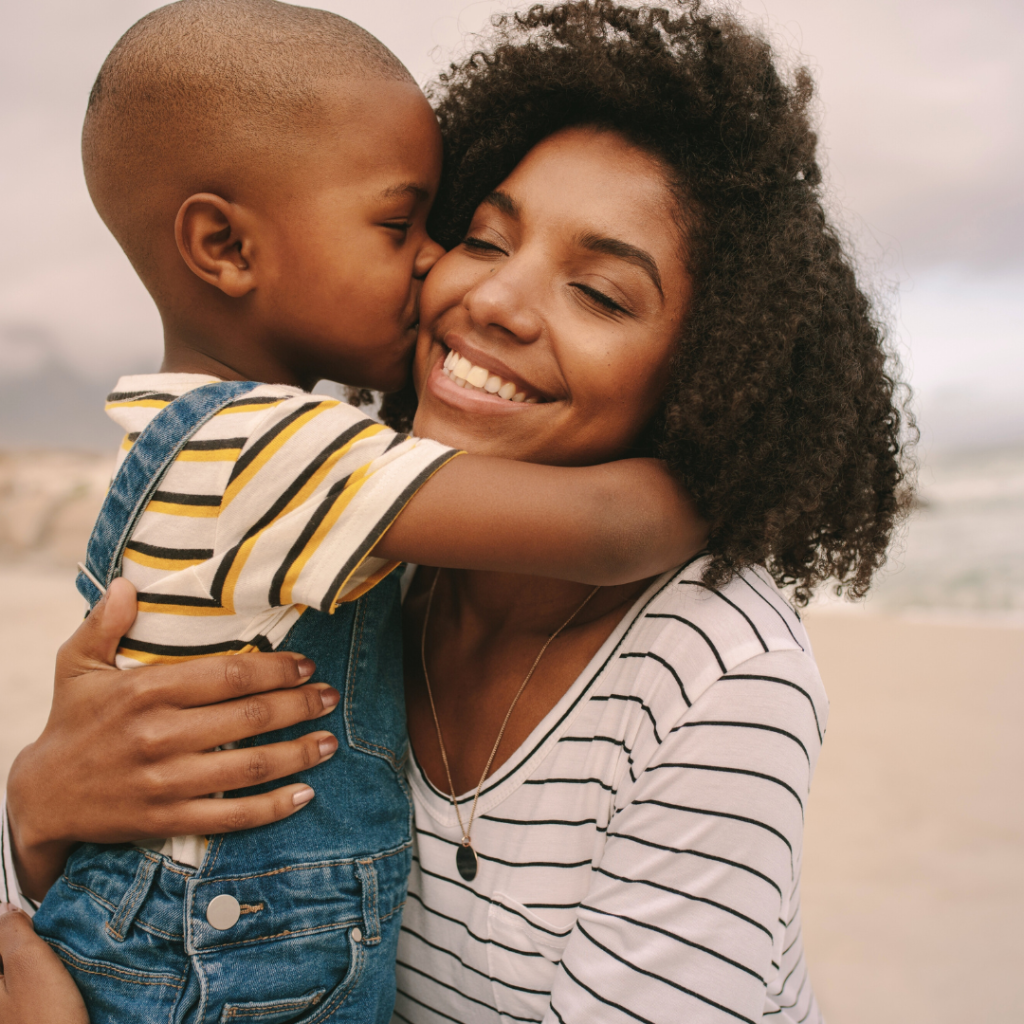Why Your Little One's Emotions Matter

What do you do with the mad that you feel?
When we can talk about our feelings, they become less overwhelming, less upsetting, and less scary. The people we trust with that important talk can help us know we're not alone.
Mr. Rogers
Growing up one of my greatest heroes had to be...
Mister Rogers. I craved his calm admist the uncertainty and fear I felt as a child. And yet, on those rare days that I could access American television I would seek out that friendly face and kind voice that always seemed to provide me an assurance that everything would be okay. Somehow, Mister Rogers had this magical ability to connect with children and validate their emotions in a sincere and comforting way. His humble heartfelt messages of acceptance for who I was right now impacted me on such a profound level as a child. Despite, growing up not having the emotional validation and reassurance I so desperately needed from the adults close to me in my life I knew that somewhere was a man hidden deep in my tv, who always left me feeling seen and valued.

It seems absurd to me now that I despise television as much as I do, considering some of the adults that I aspired to be like and who impacted me the most could be found in movies and television shows. I could go on and on about the adults that I admired as a child but for the sake of time I'll share just one more childhood memory.
Not many years after my childhood fascination with Mister Rogers, I came across the movie Matilda. Do you know the story? The one about the girl who was a misfit in her family because she stood up against the injustices her family chose to participate in. Somehow, despite these hardships Matilda faced at home she lands herself in school in a classroom with Miss. Honey. If you could hear me swooning, it would be now. Miss Honey was the reason I dreamed of becoming a teacher. Her kindness, warmth, acceptance, and willingness to meet children where they were became my vision of who I wanted to be when I grew up. Through her character, I learned that there are adults who see children for who they are, are willing to listen to what a child has to say, and accepts children unconditionally.
Emotional intelligence in childhood profoundly shapes and influences future outcomes
Just like when I was a child, I yearned for and sought out the adults who allowed me to feel acknowledged and cherished, even if I didn't know them personally. As parents and educators, we hold tremendous power to shape the lives of the children in our care and stewardship. As humans, we all crave to feel valued, loved, and accepted. When children are taught that it's okay to embrace and understand their emotions they one day become adults who can make a difference in the lives of those around them.


So let's go back to the question Mister Rogers' once asked-What do you do with the mad that you feel?
This is a question that can deeply impact us if we stop to reflect on the question. This meaningful question invites us to ponder how we process our own emotions and those around us. When we allow ourselves to sit with our emotions and process them no matter what we feel and do the same for others we become powerful advocates towards emotional intelligence.
So, dear friend, what do you do with the mad that you feel? You first allow yourself to feel it and acknowledge that the emotion and feeling is there. And then, you talk about it with someone you love and can fully trust. You share that anger with someone who listens without judgment, who validates your feelings and helps you navigate your way through the pain and anger. Whether it's a trusted friend, a parent, a teacher, or even a beloved TV character, finding someone who acknowledges your emotions makes all the difference to finding healing, peace and calm. Just as Mister Rogers said, knowing that you're not alone in your feelings can be incredibly reassuring.
In a world where emotional intelligence is been more and more widely accepted and encourage, nurturing our children and students' emotional well-being is not only important—it's absolutely essential. When we teach our children to understand and manage their emotions, we empower them to build healthier relationships, make wiser decisions, and lead more fulfilling lives.